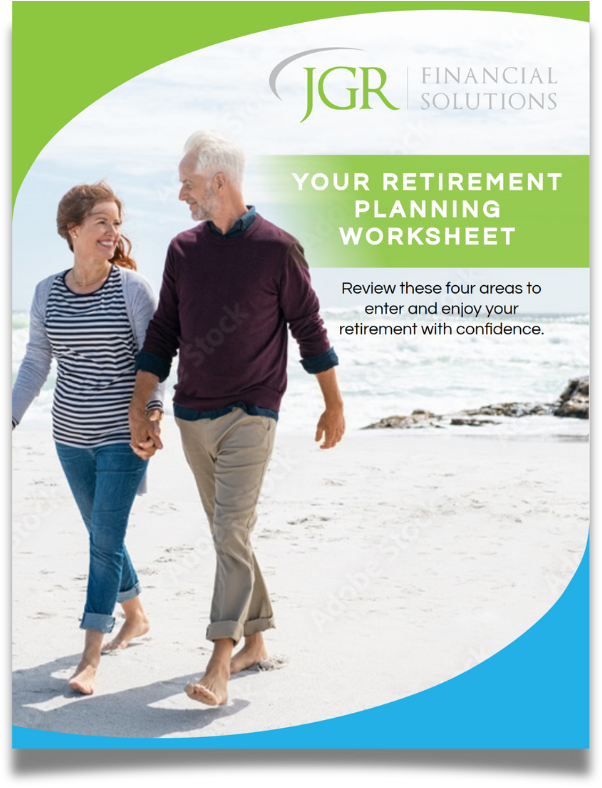Dreaming of lazy days by the beach or cozy evenings in the mountains? Perhaps the idea of owning a vacation home has crossed your mind. But before you take the leap, let’s delve deeper into the pros and cons of such an investment.
Pros of Owning a Vacation Home
Convenience and Comfort: Imagine having a retreat tailored to your preferences, where you can escape at a moment’s notice. No more worrying about availability or accommodations—your vacation home is always ready and waiting for you.
Family Bonding: A vacation home provides a central gathering place for family reunions, holidays, and special occasions. It’s a haven where generations can come together, fostering cherished memories and strengthening bonds.
Rental Income Potential: When you’re not enjoying your vacation home, renting it out can generate supplemental income. This revenue stream can help offset ownership costs such as mortgage payments, property taxes, and maintenance expenses.
Long-Term Investment: Historically, real estate has been a solid long-term investment. A well-chosen vacation home in a desirable location can appreciate in value over time, potentially providing a financial return on your investment.
Cons of Owning a Vacation Home
Financial Commitment: Purchasing and maintaining a second property is a significant financial undertaking. In addition to the initial purchase price, you’ll need to budget for ongoing expenses like property taxes, insurance, utilities, and routine maintenance.
Maintenance Responsibilities: Just like your primary residence, a vacation home requires regular upkeep to keep it in top condition. From landscaping and cleaning to repairs and renovations, these responsibilities can add up in terms of time, effort, and expense.
Location Limitations: While your vacation home may be a paradise retreat, it also ties you down to a specific geographic location. This limitation can impact your flexibility in travel plans and may limit your ability to explore new destinations.
Market Volatility: Real estate markets can fluctuate over time, and the value of your vacation home may be subject to economic trends, regional factors, and shifts in demand. It’s essential to consider the potential risks and uncertainties associated with property ownership.
Considerations Before Buying a Vacation Home
Financial Stability: Evaluate your financial situation carefully to ensure that purchasing a vacation home aligns with your long-term financial goals and retirement plans. Consider factors such as your retirement savings, investment portfolio, and overall budget.
Location Selection: Choose a location for your vacation home that aligns with your lifestyle preferences, recreational interests, and future plans. Whether it’s a beachfront oasis, a mountain retreat, or a lakeside cottage, prioritize a destination that resonates with you.
Usage Patterns: Be realistic about how often you’ll use your vacation home and whether it will serve as a primary residence, a seasonal retreat, or an occasional getaway. Understanding your usage patterns can inform decisions regarding property size, amenities, and maintenance needs.
Rental Strategy: If you plan to rent out your vacation home when you’re not using it, research the local rental market, assess demand and competition, and develop a sound rental strategy. Consider factors such as rental rates, occupancy rates, property management options, and legal requirements.
Exit Plan: Anticipate potential scenarios for the future, including the possibility of selling your vacation home or transitioning to a different living arrangement. Have a clear exit plan in place, considering factors such as market conditions, resale value, tax implications, and personal preferences.
In conclusion, owning a vacation home offers numerous benefits, including convenience, family bonding opportunities, rental income potential, and long-term investment value. However, it also entails financial commitments, maintenance responsibilities, location limitations, and market risks. Before making a decision, carefully evaluate the pros and cons, consider key factors, and assess your readiness for property ownership. With thoughtful planning and informed decision-making, you can determine whether investing in a vacation home is the right choice for you and your retirement lifestyle.


